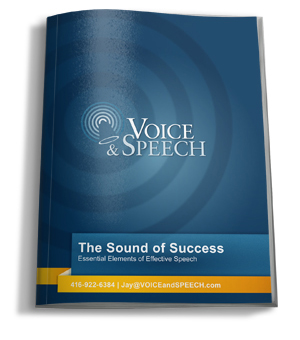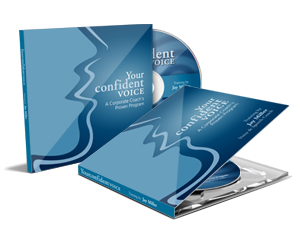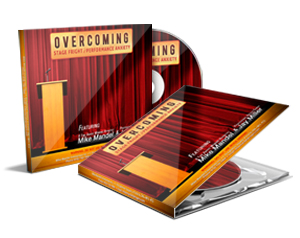Speed Trap
Take Your Time and Improve Faster
I once attended a martial arts seminar in a large university gymnasium. Participants were positioned across the space according to rank, beginners on one side, intermediate students in the middle, and advanced students on the far side. On signal from the sensei, the entire group would execute one of twelve kata, a proscribed pattern of movements. From my vantage point (among the beginners) I viewed the entire class and observed the beginners tended to finish first. It seemed counter-intuitive. I expected the advanced students to perform with more speed, but they usually were the last to finish. I realized they were focusing on fundamentals while the beginners were busy cranking out a result. I’ve noticed the same tendency in my clients. Beginners tend to do exercises too quickly, and this is a real barrier in the learning process. Speed is the beginner’s trap.
One important element of skill building is motivation. Working at an appropriate level of difficulty, getting immediate feedback and being rewarded for progress strengthens motivation and enhances the learning process. Practicing too quickly makes it difficult. Your failure rate increases, leading to more frustration. Rushing reduces the amount of pleasure and satisfaction you experience in the activity, so you become less engaged. It also limits the amount of useful feedback you receive, so the depth of reinforcement diminishes. Speed kills motivation.
Another important component of skill building is retention. If we hope to retain well, we must learn well, and that requires observation and attention to accuracy. When you move through an exercise too quickly, the details of your experience become blurry. It’s hard to observe anything, so it doesn’t really make an impression on your brain and body. Furthermore, you become less accurate when you go too fast. You perform below your potential because you’re not giving yourself time to be precise, and you end up reinforcing a lower level of performance. Speed undermines retention.
How can you avoid the speed trap? Be curious, not demanding. Treat the activity as an experiment, rather than a test. “Getting it right” is not as important as being observant. Be willing to linger over the process and see what you discover. Curiosity counteracts speeding.
Notice detail. I once had to write a two-page paper on a piece of ancient Egyptian sculpture. I arrived at the museum, eager to finish, only to be confronted by a very dull, crudely fashioned image of a warrior. My heart sank. How was I ever going to write two pages about this boring piece of driftwood? At loss, I decided to make detailed notes on the statue’s appearance, then go home and figure out what to write. So I started at the top of his head… Two hours later, I found myself not just engrossed but inspired by this remarkable work of art. It seemed ready to come to life in front of me. The report was a breeze. My biggest challenge was writing only two pages. That was a profound lesson I’ve never forgotten. For the first time, I realized that if you really care to learn something you have to take time and look closely. Noticing detail naturally slows you down.
Pay attention to sensation. Through extensive research, Dr. Michael Merzenich demonstrated that only by paying close attention do you create lasting change to your brain maps. When you move through an action quickly, you don’t feel much, and so you don’t learn well. Conversely, by cultivating a high degree of physical awareness you tend to slow down, focus more, and learn better. What are you trying to feel?Anything. Sensations of warmth or coolness, heaviness or lightness, softness or hardness, contraction or relaxation, breathing, these are all possibilities. Beyond tactile sensations, you could also notice what you see, hear, taste and smell. The more senses you involve in the learning process, the more attentive you become, and the more effective the process becomes. Feeling discourages speeding.
It’s no secret that haste undermines your appreciation of life. The advice about smelling roses may be clichéd, but it’s still true. The troubling implication is that speeding prevents you from learning well; it keeps you from achieving important objectives. It’s an obstacle to excellence. Telling yourself to slow down rarely corrects the problem since speed tends to be rooted in habit. Giving yourself a simple task like noticing some small detail or feeling some new sensation, will engage you in a new experience. That will encourage new behaviors and ultimately generate real change. Lowering the speed limit raises your potential.
 The Sound of Success
The Sound of SuccessEnroll in this FREE video mini course and discover a powerfully attractive voice.
 Your Confident Voice
Your Confident VoiceThis 145-minute mp3 download is a complete speaking voice course. The simple but amazingly effective program is on sale this month!
 Overcoming Stage Fright
and
Overcoming Stage Fright
andPerformance Anxiety
On this mp3 download, Jay Miller teams up with six-time award-winning hypnotist Dr. Mike Mandel to deliver the most comprehensive program available for reducing or eliminating stage fright.